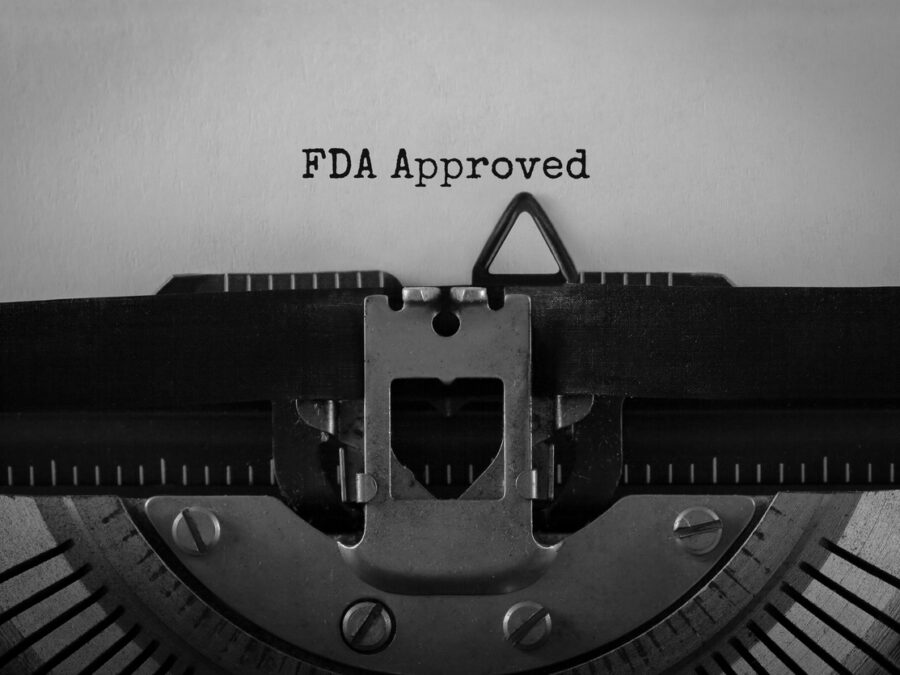The approval of darolutamide is based on the Phase III ARAMIS trial evaluating the efficacy and safety of darolutamide plus androgen deprivation therapy (ADT) compared to placebo plus ADT.
Darolutamide
Darolutamide, a non-steroidal androgen receptor inhibitor (ARi), under the brand name Nubeqa. The FDA approval is for the treatment of patients with non-metastatic castration-resistant prostate cancer (nmCRPC) and is based on the Phase III ARAMIS trial showing darolutamide plus androgen deprivation therapy (ADT) demonstrated a highly significant improvement in the primary efficacy endpoint of metastasis-free survival (MFS), with a median of 40.4 months versus 18.4 months for placebo plus ADT group (p<0.0001).
Developed jointly by Orion and Bayer
The compound, which is developed jointly by Orion Corporation and Bayer was approved under the FDA Priority Review designation, which is reserved for medicines that may provide significant improvements in the safety or effectiveness of the treatment for serious conditions. The androgen receptor inhibitor (ARi) has a distinct chemical structure that binds to the receptor with high affinity and exhibits strong antagonistic activity, thereby inhibiting the receptor function and the growth of prostate cancer cells.
“Patients with nmCRPC are usually asymptomatic, but have a rising blood PSA despite ADT treatment, and it is important to prevent their cancer from becoming metastatic and symptomatic. The overarching goals of treatment in this setting are to delay the spread of prostate cancer and limit the burdensome side effects of therapy. Darolutamide provides nmCRPC patients a new therapeutic option that addresses these questions” said Christer Nordstedt, Senior Vice President, Research and Development, Orion Corporation.
The ARAMIS trial
In the ARAMIS trial, overall survival (OS) and time to pain progression were additional secondary efficacy endpoints. A positive trend in OS was observed; OS data were not yet mature at the time of final MFS analysis. The MFS result was additionally supported by a delay in time to pain progression as compared to placebo plus ADT. All other secondary endpoints, time to cytotoxic chemotherapy, and time to a symptomatic skeletal event, demonstrated a benefit in favor of darolutamide.
The only adverse reactions occurring more frequently in the darolutamide plus ADT arm (≥2 percent over placebo plus ADT) were fatique (16% vs. 11%), pain in extremity (6% vs. 3%), and rash (3% vs. 1%). Discontinuation due to adverse events occurred in 9 percent of patients in both arms of the study.
Preclinical studies demonstrated lower blood-brain barrier penetration of darolutamide compared to other currently available androgen receptor inhibitors. A high concentration of these compounds in the central nervous system may lead to undesired side effects.
Bayer has filed for approval of the compound in the European Union (EU), Japan and with other health authorities.








